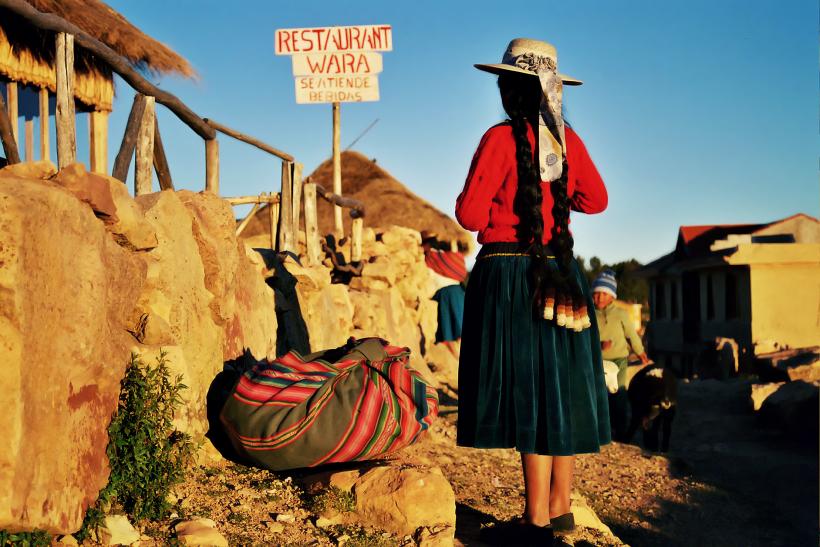
In a recent, highly controversial decision, Bolivia's Congress paved the way for children as young as 10 years old to enter the workforce, provided it does not interfere with schooling and wages go toward helping the family afford basic needs (though that stipulation only holds until age 12). As Bolivia is South America's poorest country, the government says it intends for the law to curb rampant poverty. But is putting kids to work really the answer?
While cultural norms obviously vary immensely, it's clear that play is essential to children's well-being; in fact, it's a bona fide right by the United Nations High Commissions for Human Rights. Conflict and poverty are two leading factors in the ever-shrinking window of playtime for children around the world. On the other end of the spectrum in First World countries, children are also suffering at the hand of less playtime due to the modern-day practice of hyper-vigilant parenting.
Since children's brains are especially malleable, they are particularly vulnerable to the impacts of how they spend their time. Not being able to play can adversely affect youth in many ways, including:
-Increased anxiety
-Higher vulnerability to depression
-Issues with self control
-Problems with focusing, attention span
-Narcissism
-Increased risk of suicide
While Bolivia is facing some incredibly tough decisions when it comes to salvaging the economy, legalizing child labor is not the answer. Here's hoping the Bolivian government will come to agree.
Image: ThinkStock






